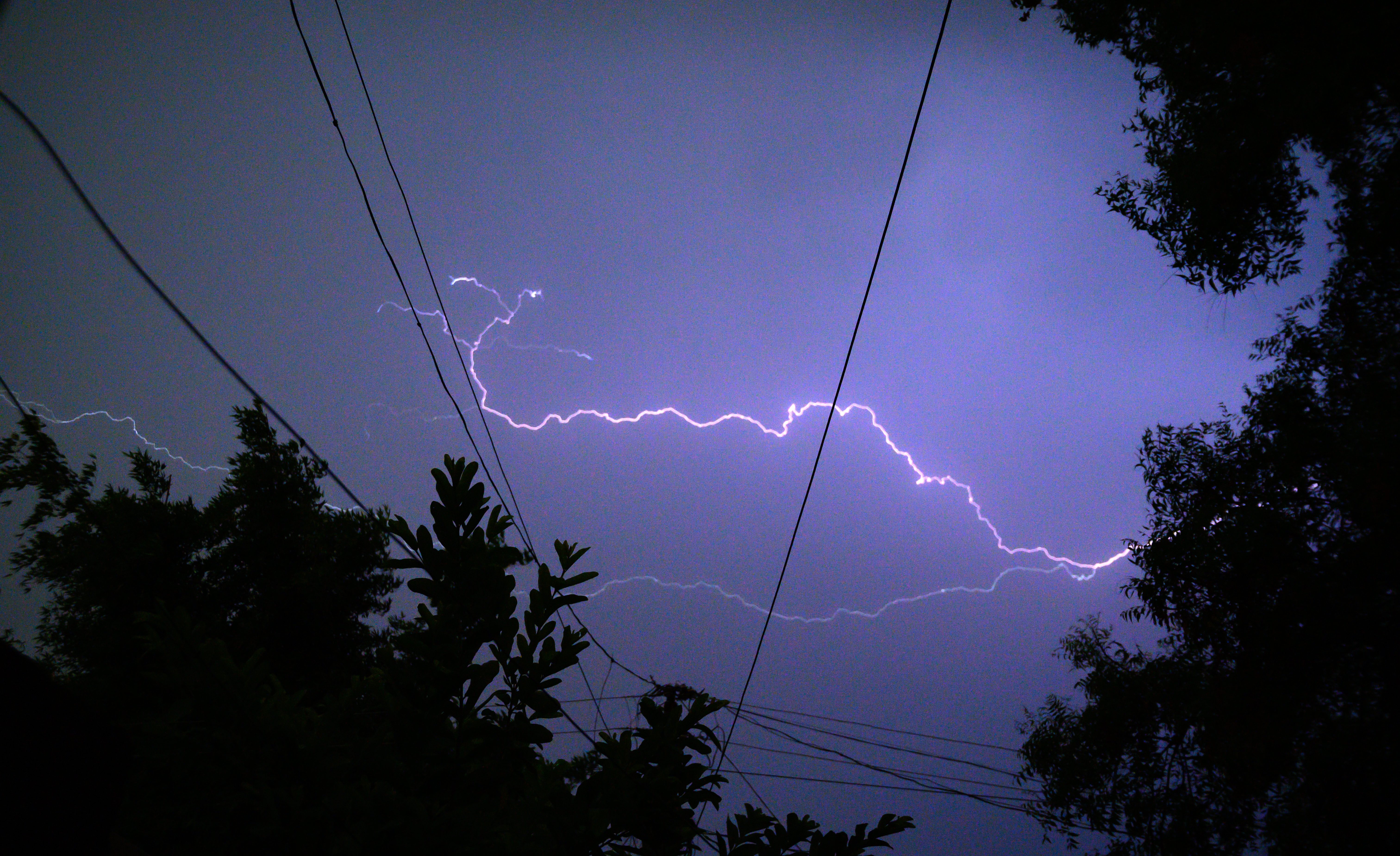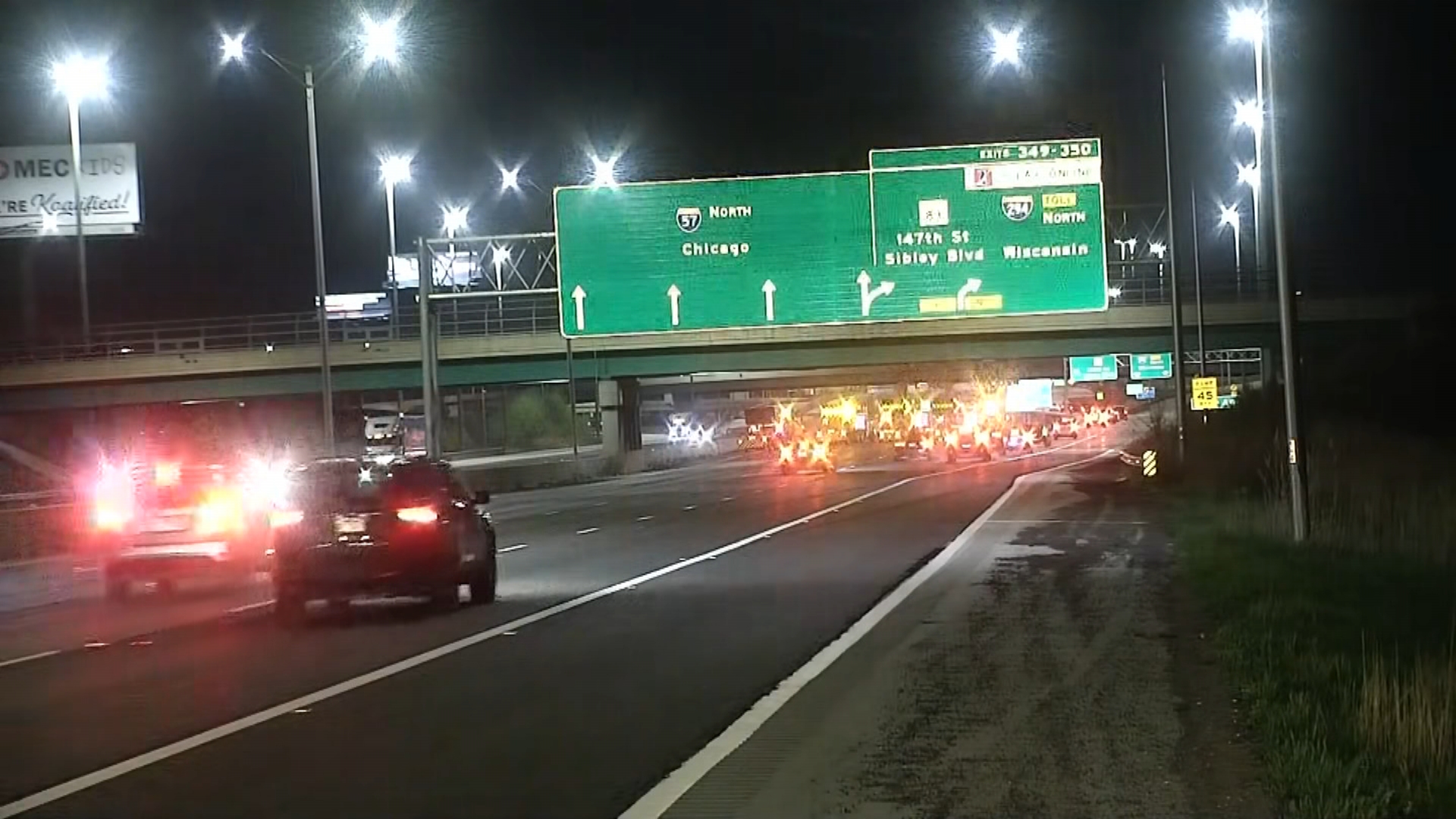Following a closed door meeting with pastors in Chicago Thursday morning, GOP presidential candidate Ben Carson spoke about the fatal shooting of Laquan McDonald by a Chicago police officer, calling the case "disturbing" and "despicable."
Carson said he, too, saw the dashcam video that shows the now infamous shooting. He compared the 2014 incident to the fatal police shooting of Walter Scott in South Carolina last spring, but Carson said there is one key difference between the two shootings.
"(The McDonald shooting) was really just as abominable, but that fact was not really brought to light for a year," Carson said at the Peninsula Hotel on the Near North Side. "That represents a failure of government, and everybody loses in this situation. The community loses, the state loses, the nation loses. We simply cannot condone this kind of activity. We cannot sweep it under the rug. This is what creates a lot of the animosity that exists in our society today. We must begin to understand that when we talk about liberty and justice for all, that's what we're talking about — everybody in our society."
Carson's Chicago visit came one day after thousands of protesters shut down streets in downtown Chicago asking Mayor Rahm Emanuel to resign. Earlier in the day, Emanuel tearfully apologized for the way the city handled the McDonald case, but he did not indicate he had any plans to step down.
When asked whether he thinks Emanuel should resign, Carson said the decision lies with Chicago voters. He did not comment further.
The retired neurosurgeon stopped just short of calling the city's handling of the case a cover-up, however.
"Whether there was a cover-up or not, it (the video) was hidden for a long time," Carson said.
Local
Carson went on to say that there are "bad apples" in police departments across the country, but he believes most officers do their jobs well. In cases of police misconduct, he said most cases are "dealt with appropriately," but the McDonald case was not one of them.
As to how to improve police practices and police-community relations, Carson offered a simple solution.
"I think introducing police officers into African-American communities earlier and regularly, so they get to know those people, they get to become part of the community, I think that makes a big difference," Carson said.



